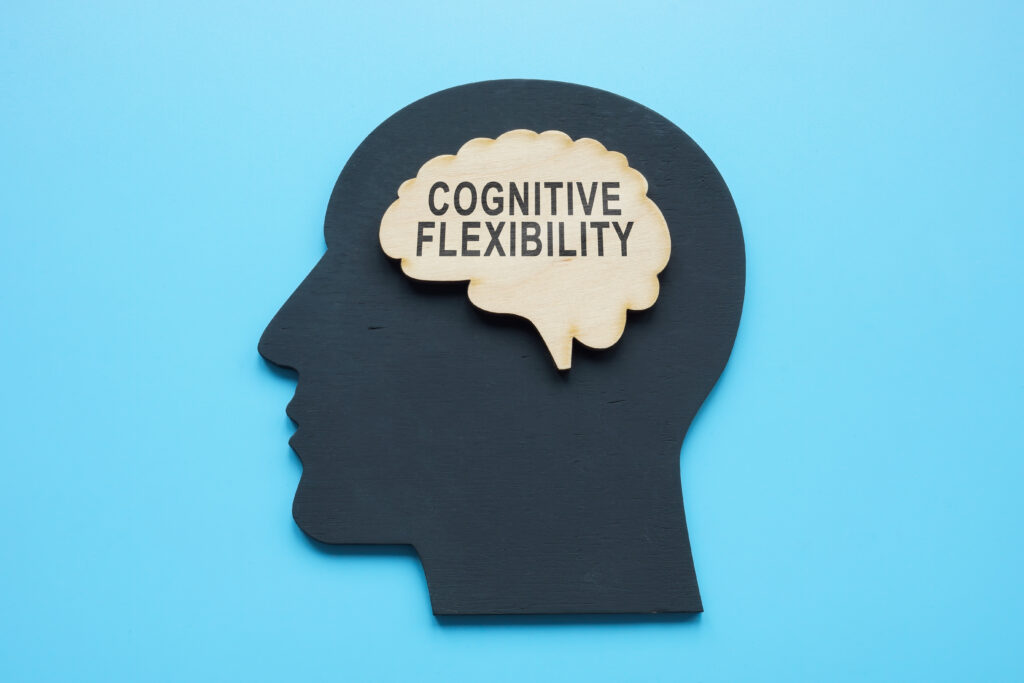Turner Syndrome and Cognitive Function: Understanding the Connection
Turner Syndrome, also known as Gonadal Dysgenesis, is a relatively common genetic disorder that affects females. It occurs when one of the two X chromosomes in females is either partially or completely missing. This results in a range of physical and developmental characteristics, including short stature, heart defects, reproductive issues, and learning difficulties. One of the areas of concern for individuals with Turner Syndrome is their cognitive function. In this article, we will delve deeper into the connection between Turner Syndrome and cognitive function.
What is Cognitive Function?
Cognitive function refers to the abilities of the brain to process and understand information, learn new skills, and solve problems. It includes various aspects such as attention, memory, language, perception, and reasoning. These functions play a crucial role in our daily lives, from making decisions to interacting with others. Any impairment in cognitive function can greatly impact an individual’s quality of life.
The Impact of Turner Syndrome on Cognitive Function
Individuals with Turner Syndrome may experience a wide range of cognitive difficulties. Some may have mild impairments, while others may have more significant challenges. These difficulties are believed to be caused by the missing or incomplete X chromosome, which affects the development of certain areas of the brain.
Attention and Executive Function
Many individuals with Turner Syndrome struggle with attention and executive function. This includes difficulties with focusing, organizing tasks, and planning ahead. They may also have trouble with impulse control and regulating emotions. These challenges can make it challenging for them to complete tasks and follow through with goals.
Language and Communication
Language and communication skills can also be affected by Turner Syndrome. Some individuals may have delays in speech development, difficulty with understanding complex language, and challenges in expressing themselves. These difficulties can make it harder for them to interact with others and may lead to social isolation.
Memory and Learning
Learning disabilities are common among individuals with Turner Syndrome. They may have trouble with processing information, remembering facts, and developing new skills. This can make academic achievement more challenging and can also impact work performance in adulthood.
Visual-Spatial Skills
Visual-spatial skills, which refer to an individual’s ability to understand and manipulate objects in their environment, may also be impaired in individuals with Turner Syndrome. This can affect their ability to read maps, follow directions, and even recognize faces. These difficulties can make daily activities such as navigation and social interactions more challenging.
Strategies for Improving Cognitive Function
Although Turner Syndrome can impact cognitive function, there are various strategies that can help improve these skills. Early intervention is key, as it allows for targeted therapies and interventions to address specific challenges. These may include:
1. Educational support: Individuals with Turner Syndrome may benefit from specialized educational programs that cater to their learning difficulties. This can help them develop strategies for learning and improve their academic performance.
2. Speech therapy: For those with language and communication challenges, speech therapy can be highly beneficial in improving their expressive and receptive language skills.
3. Occupational therapy: Occupational therapy can help with executive function difficulties by teaching individuals strategies for organizing tasks and managing their time effectively.
4. Medication: In some cases, medication may be prescribed to improve attention and concentration in individuals with Turner Syndrome.
5. Support groups: Connecting with others who have Turner Syndrome can provide emotional support and a sense of community for individuals and their families.
In Conclusion
Turner Syndrome is a complex genetic disorder that can greatly impact an individual’s cognitive function. However, with proper support and intervention, individuals with Turner Syndrome can learn to manage their challenges and lead fulfilling lives. It is essential to understand that every person’s experience with Turner Syndrome is unique, and it is crucial to seek professional help for individualized support. With early intervention and the right strategies in place, individuals with Turner Syndrome can achieve their full potential and thrive.


